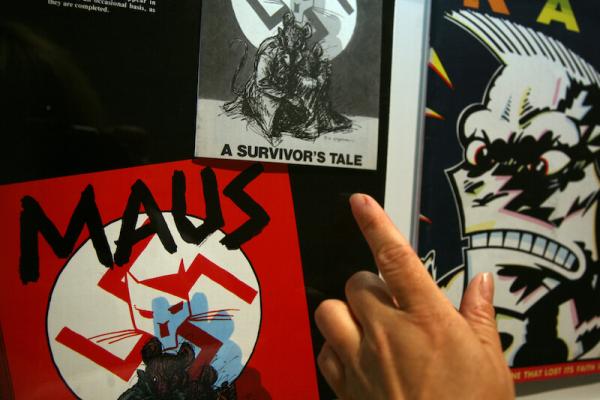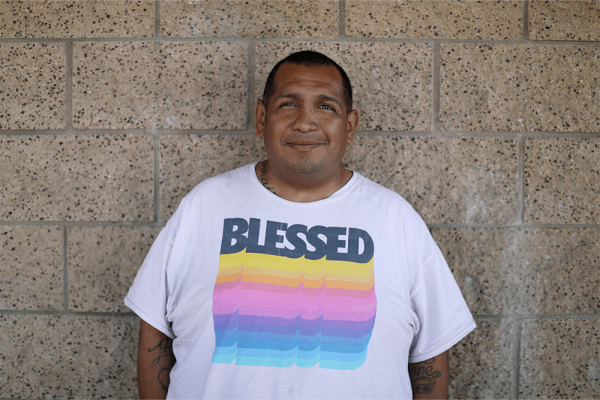In Maus, Jews are drawn as anthropomorphic mice, while Nazis are portrayed as cats. The book chronicles the Spiegelman family’s attempts to hide from the Nazis, showing the harshness of life in the ghetto, the desperation of parents attempting to protect their children, and the cruelty of Jews in concentration camps. It even addresses the lingering impacts of the generational trauma of the Holocaust on the Spiegelman family in a way that can only be expressed by someone who experienced it firsthand. The story it tells is dark and disturbing, but the story of Spiegelman’s father and the story of the Holocaust requires such a telling.
Using theologically diverse Christian figures ranging from Billy Graham to Mister Rogers, Mayfield offers examples of what insecure attachment to God can look or feel like, including feelings of doubt, shame, or distancing. Leaning heavily on attachment theory — a theory that examines relationships and the nature of the bonds between people, especially between caregivers and children, romantic partners, and close platonic relationships — Mayfield provides a relatable guide to assist folks with identifying the deeper questions and beliefs behind some of our spiritual frameworks.
“What is troubling to me, and unsettling, is the fact that this sort of worldwide outpouring of empathy isn't there in other situations that are very similar,” Karen González, an author and immigrant advocate, told Sojourners.
As a journalist in the religion and social justice realm, two stories dominated my newsfeed this week: Russia’s ongoing invasion of Ukraine and sexual harassment at Christianity Today. Both reinforced to me the power of documentation.
Lately I’ve been thinking a lot about clothes — their power both to oppress people but also advance justice. If this sounds far-fetched, I invite you to reach deep into the pockets of the clothes you are currently wearing. Go ahead, try it.
In Genesis 2, after spending six days forming the earth, God rests “from all the work,” setting a sacred precedent. In Exodus 20:8-10, God instructs the Israelites to embrace patterns of rest. In Matthew 8:23-26, Jesus rests in a boat during a torrential downpour, despite tides rising and crashing against the boat’s hull, threatening to capsize the passengers. We can take comfort in this: If the son of God needed to take a break every now and then, so do we.
Quick and efficient though they may be, these emergency shelters are a short-term fix. With affordable housing scarce and real estate continuing to rise in one of California’s priciest markets, some critics are concerned Orange County is content to shunt the unhoused out of view without promoting permanent housing.
Lent is the angstiest season of the liturgical calendar: Jesus in the desert with the devil; us sitting with our sin and mortality. So below you’ll find six songs to accompany you this brooding, contemplative season. Soon, Easter will roll around and bring with it upbeat resurrection bops, but for now, the tunes are appropriately emo — at least lyrically.
This spring, I’m thinking about the season as a blooming period for the complexities of truth. That’s not to say that truth itself is complicated, but that the application, acknowledgment, or apprehension of truth can be a sticky mess. Truth will set you free, but then we get to wrestle with freedom and the responsibility that comes with it: Realizing that racism is ingrained in the church is important, for instance, but acting to rid the church of that sin is paramount.
When Philippine Catholic priest Father Nap Baltazar raised his hands to bless the people attending mass, the sleeves on his white vestment slid back to reveal a pink bracelet inscribed with the words “Let Leni Lead.”









